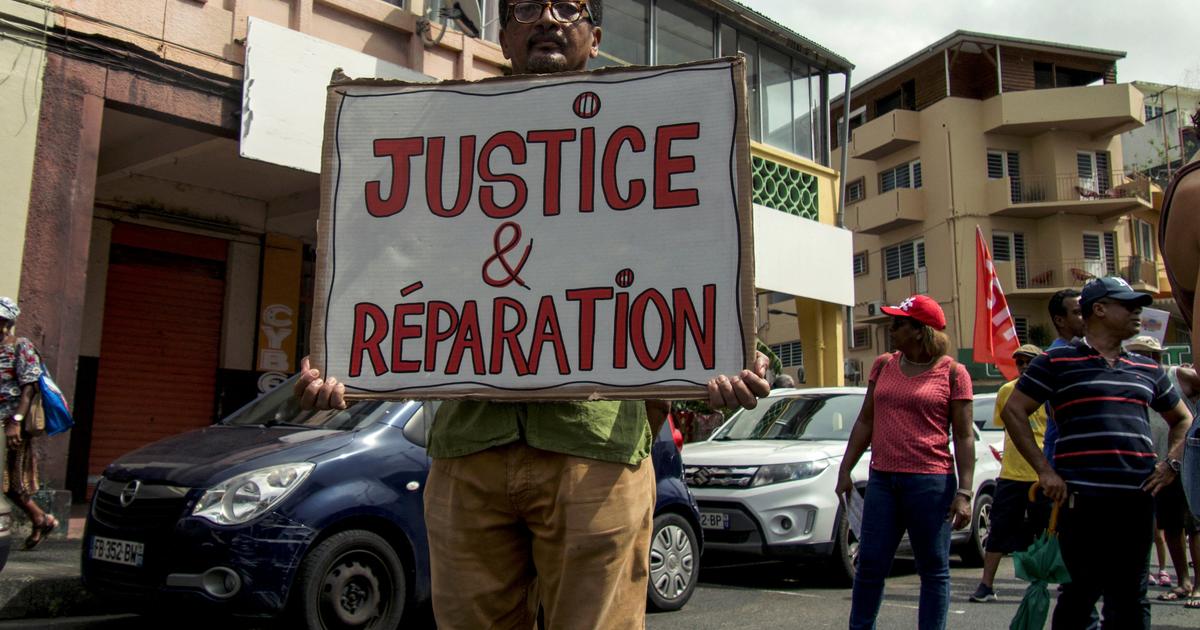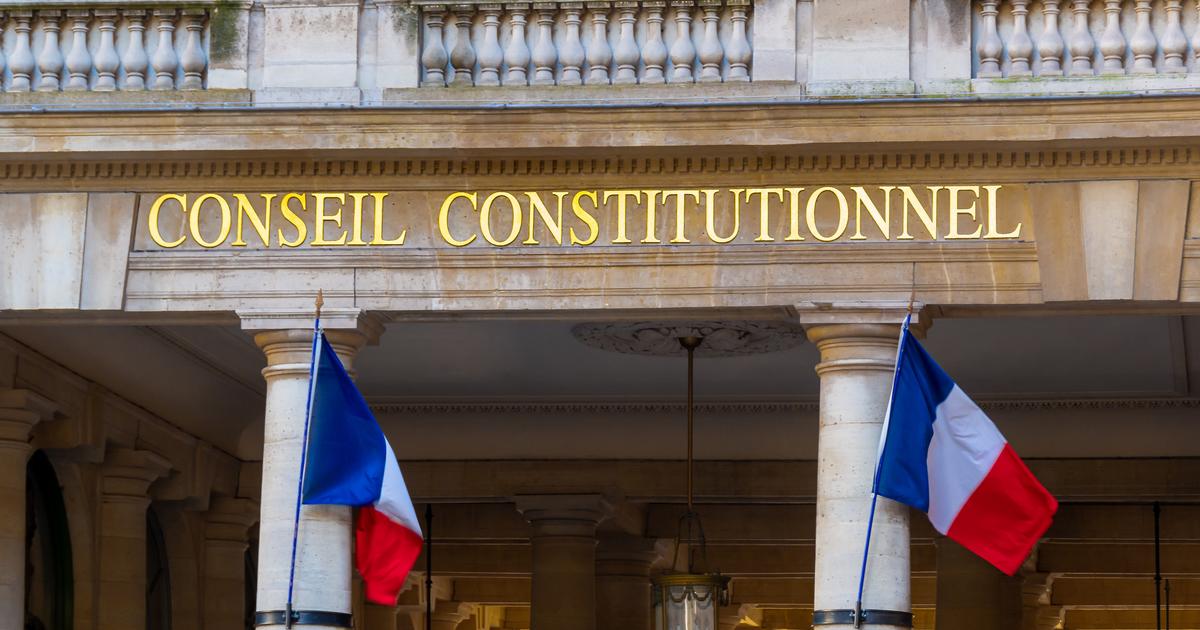Doctor of economics, Claude Sicard has taught at Paris Dauphine University and in several business schools.
The measures of general containment of the population which were taken by the government to fight against the pandemic of the coronavirus put the whole economy of the country to a halt. Our President, from the arrival of Covid-19 on our territory, did not hesitate to set the course: save lives whatever it costs, borrowing from Mario Draghi his concise formula: "whatever it costs" . We are currently at 27,000 deaths, and, the curve starting to bend, we begin to lift the containment, but with infinite precautions, which we can understand.
The situation of the French economy, already before the coronavirus crisis, was far from flourishing.The damage caused to the economy of our country by the coronavirus will prove, as we go forward, considerably more important than we imagine today, and it must be understood that the situation he French economy, already before the coronavirus crisis, was far from flourishing.
A rapid analysis of the French economy indicates that, among the four main activity sectors, structuring sectors that the Dutch government in its policy of intervention in the economy calls "tops-sectors", two were already in difficulty.
The automotive industry, first of all: this sector is important (210,000 people), but it is four times less powerful than its counterpart across the Rhine, and it has shown some signs of weakness in recent years. Its production, in fact, is declining: we went from 3.5 million vehicles in 2000 to 2 million in 2018. Second problem: the mutation towards the electric vehicle, which will require a deep restructuring of the production chains, and that will inevitably result in a sharp reduction in staff.
Second sector: the food industry. This sector, traditionally important in our economy, has in recent years been strongly challenged by the Dutch and the Germans who are, overall, more competitive. Thus, on international markets French producers have moved from second place to fourth, beaten by the Dutch and the Germans. In 2018, our exports rose to 44 billion euros, against 72 billion in the case of Germany and 94 billion in that of the Netherlands. An economist renowned for his sectoral analyzes, Alexandre Milicourtis, of the Xerfi group, even spoke in one of his articles of a "Berezina"! Our food industry needs to be restructured, says this expert, because it is made up of far too many small businesses.
The luxury sector deserves the qualification of “top-sector”, although its contribution to the formation of the GDP remains insufficient.The third sector, aeronautics and space construction, was in full swing before the crisis, the Airbus order book being so full that this major European manufacturer had managed to rise to the level of its American competitor, the Boeing firm. It is indeed a key sector of our economy, a sector of high technology, which represents with all its subcontractors 350,000 people (figures from GIFAS). Unfortunately, due to the very structure of the Airbus group, this sector is a very significant importer of components and sub-assemblies from abroad, so that a good part of the jobs and added value escape us.
Last sector: the luxury industry. This sector represents 165,000 jobs, with a turnover of 90 billion euros in 2018, of which 76 billion were made in exports. Several large firms in the sector are today world leaders: LVMH, KIRING, L'OREAL, HERMES. These companies completely dominate the market. This sector really deserves the qualification of “top-sector”, although its contribution to the formation of the GDP is still insufficient.
To complete this rapid overview, we must add tourism, a service activity which represents a turnover of around 170 billion euros, with the following breakdown: 60% for national visitors, and 40% for foreign visitors.
France is now the most deindustrialized country in Europe, apart from Greece.It must therefore be understood that France, even before the current crisis, was a country whose economy, in general, did not work well, and this since the end of the Thirty Glorious Years. The evil that undermines our economy is constituted by the very serious deindustrialisation of the country. Our industrial sector is now only involved for 10% today in the formation of GDP, while its normal participation should be around 20%. France is now the most deindustrialized country in Europe, apart from Greece. All the difficulties facing our country's economy come from there: a much higher unemployment rate than anywhere else despite all the efforts made by successive governments to reduce it, GDP growth which is on average lower than that of other European countries, a state budget each year in deficit, a balance of foreign trade still negative, and a debt of the state which has grown regularly, from year to year, to come to be today at the level of the country's GDP. The state, in fact, uses debt every year to fuel growth.
All this results from the state's propensity to intervene too much in the economic life of the country, a flaw, many observers say, very French, which prevents market adjustments from taking place naturally. The regulations are too numerous and too finicky, and they curb the dynamism of the actors, the taxation, too heavy, prevents companies from being competitive, and the Labor Code, much more demanding than in other countries, moderates too much the dynamism of business leaders. To this description must be added an aggravating factor: a social dialogue which, in our country, does not work, unlike what is happening in Germany or Switzerland: the culture of trade unions remains all too marked by the spirit of the Charter of Amiens which dates from 1906, a charter which advocates the class struggle.
Given the situation in the country, we will have to get the economic machine going very quickly.All this translates into a level of GDP / capita which places our country in eleventh place only, in Europe. Our per capita GDP is 32% lower than that of Sweden, 48% lower than that of Denmark and it is just half that of Switzerland. The French seem to completely ignore the situation in which the country finds itself and this explains, for example, the sling of the yellow vests which started in November 2018, and which strongly disturbed the life of the country for more than a year.
It is therefore a question of the current crisis not especially worsening the situation in which the economy of the country is, and the danger is real: we are at a little more than 12 million people placed in “partial unemployment” and we will have to get the economic machine back on track very quickly. The countries of the North are leaving faster than us, says Philippe Varin, the president of France-Industry: their industry is already running at 80% of its capacity, and Germany is not far behind, whereas in our case it it is only 56%. The Minister of the Economy Bruno Le Maire declared on April 29, before the Economic Affairs Committee of the National Assembly, that he wanted to wait until the start of the school year to present a recovery plan, a plan, he said. , which "must mark a real change in industrial and environmental model" . We cannot, meanwhile, remain without doing anything.
You have to get out of the way you normally run the economyThis plan will certainly be welcome, but action must be taken now, and as soon as possible. In the situation in which the country finds itself, which is an emergency situation, it is necessary to extract itself from the way in which the economy operates in normal times: this requires that those responsible for the destinies of our country have the daring to deploy a whole arsenal of exceptional measures, which can only be done if the Head of State, himself, is maneuvering. It is therefore necessary, according to the procedure provided for in the constitution, that it decree without further delay, "the state of economic emergency", a legal framework which makes it possible to adopt for a determined period exceptional ways of operating for our businesses. It will involve returning to normal weekly working hours, shortening the duration of paid leave, and lightening a number of provisions existing in our Labor Code. One of the points of concern for business leaders is the provisions of article 4121-1, supplemented by the Fauchon law. And the measures to be taken to save the planet will have to be postponed for a few years, which is not very serious because our country only intervenes for 1% in the problems to be resolved.
Employers' organizations sent a letter to the Ministry of Labor on 2 May demanding that the courts stop systematically questioning the liability of business leaders in accidents that may occur in their business to members of their staff, all the more that the Fauchon law provides for "criminal liability for unintentional crimes" . Obviously, it would not be a question of not punishing the really failing business leaders, but of revising the texts so that the law is more fairly applied.












/cloudfront-eu-central-1.images.arcpublishing.com/prisa/KMEYMJKESBAZBE4MRBAM4TGHIQ.jpg)


